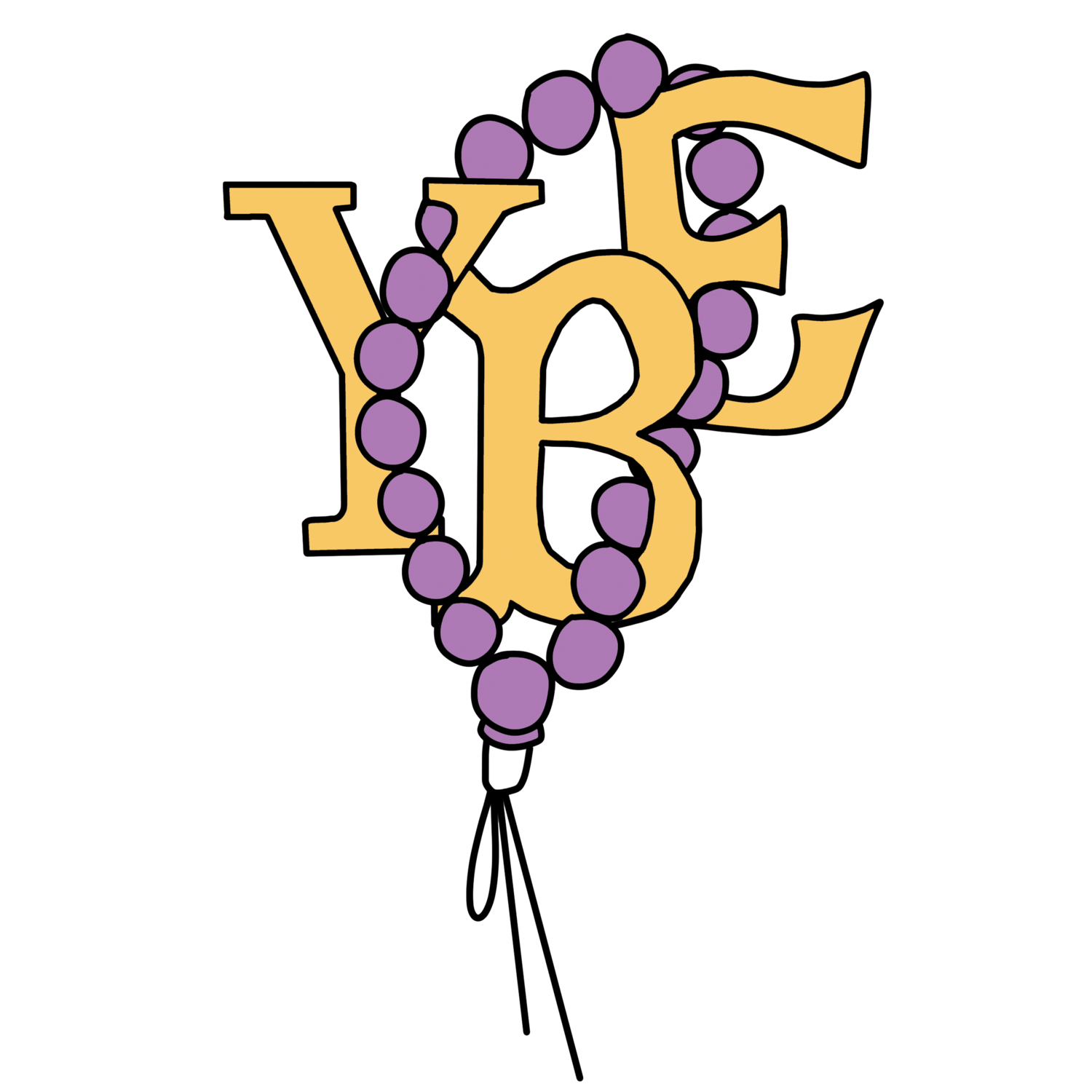What does your heritage / culture / identity mean to you?
By Alex Olson | He/Him/His
Am I Japanese enough? American enough? Do I practice my faith and culture in an authentic way? As young adults living in the U.S., our identities are constantly challenged. Like many of my peers, I grapple with these questions, hoping to learn more about myself and my place in this world.
Unlike my mother, my Japanese identity is not always apparent or visible. At first glance, I am distinctly American, both in my general appearance, language, and mannerisms. On a surface level, you would be convinced that my Japanese identity was nonexistent or at least not significant.
But upon closer inspection, I truly believe I am as Japanese as I am American. To start, my favorite food is rice, and to many people’s disgust, I love Natto (Japanese fermented soybeans). A favorite pastime of mine is going to public bathhouses and hot springs in rural Japan, especially with friends and family. I love drinking barley tea, sitting under a kotatsu (table with heated blanket), and I practice a Japanese sect of Buddhism. I have lived in Tokyo for most of my life, and it’s true that at one point in time, I could only speak Japanese. Even today, I am convinced that there are some things I can only really describe in my mother tongue.
In Japanese, the word “love” or, ”愛” is only used for romantic declaration, never for a platonic friendships or family. Instead, there is the phrase “がんばれ一”. Loosely translated to “You can do it!”, it represents something more - a statement of love and support with a depth of care that can’t be translated.
What truly captures my identity however is my Buddhist faith. When I practice my faith and channel my energy, I realize I always think in Japanese, not because the language is an inherent prerequisite to my Buddhist practice, but because chanting in Japanese brings me back to the community Buddhist meetings of my childhood.
As a child, I would be dragged by my mother to weekly meetings, setting the foundations of my faith, albeit against my will (I don’t think any child really likes regular religious meetings). As it turns out, this experience is one shared by my mother and grandmother. On my most recent visit home, I even learned that my grandparents met at a youth Buddhist meeting.
My grandmother and I are different in so many ways. We speak different languages, we live thousands of miles apart, and have seemingly opposite lives, yet we share this common experience, significant in so many ways. I wish I knew then what I know now - that someday these seemingly boring experiences would be a comforting reassurance and validation of my faith, identity, and family.
